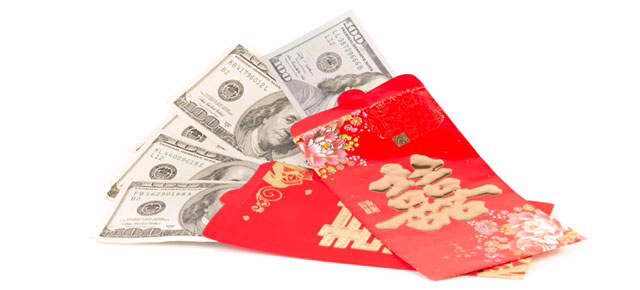Is China Starting to Take into Account Market Pricing?
Recently, the People’s Bank of China (PBoC) recently cut its reference rate for the Yaun by 1.9% allowing the currency to depreciate. Although this is arguably not going to be enough on its own to restore China’s competitiveness with Europe and Japan, is it a sign that they are taking into account market pricing?
Moving to a Floating Rate Approach
Currently, other Asian banks operate on a floating rate approach and China wants to move to that model within 2-3 years time. As the International Monetary Fund (IMF) have declared the currency as no longer undervalued, greater exchange rate flexibility is now possible.
The range at which the currency can trade has now been set at plus or minus 2%, in relation to the daily reference rate to the dollar. This rate currently set by the authorities will soon be fixed by the PBoC, who will take into account the closing rate and movement of other currencies. This will help China obtain its goal of inclusion into the Special Drawing Reserve (SDR).
All of this indicates China is moving to a market pricing view.
Market View
In relation to the dollar the move to devalue the Yuan has resulted in the currency dropping 3%. Japanese equities fell by 0.4% and Korean equities by 0.8%. The US dollar strengthened, while the Euro and Yen weakened.
Is this the Start of Restoring Competitiveness?
China, with rising domestic wages and its connection to the US dollar resulting in an appreciation in its real exchange rate, the cut in reference rate is considered to be a positive move but not one alone that will restore competitiveness outright.
Macro Strategy Partnership noted, “Whilst the devaluation took it to the lowest level against the dollar since 2012, the 1.8% slide is in my opinion wholly inadequate to sustain growth or rebuild its balance sheet. Whilst the market’s knee-jerk reaction will probably be favourable, I would assume the longer term response will be to take this as a signal that China is hurt and vulnerable.”
The results of all this could be poor global growth and lower interest rates for longer than expected. Commodity prices could also be affected should demand for Chinese products deteriorate.
Your Investments
With all these factors at play, it is hard to determine where to put your wealth to get the best return on your investments. The market forces can and do play havoc with our investments and this is where good quality financial planning can make all the difference between a good return on investment and a poor one.
My award winning financial advice will keep track of the markets ensuring your money is working as hard as it can. Contact me here or complete the Call Back Service form to begin.
Source: Bestinvest
For more information, please contact Michele Carby at Holborn Asset Management on +971 50 618 6463 and on e-mail at [email protected]












